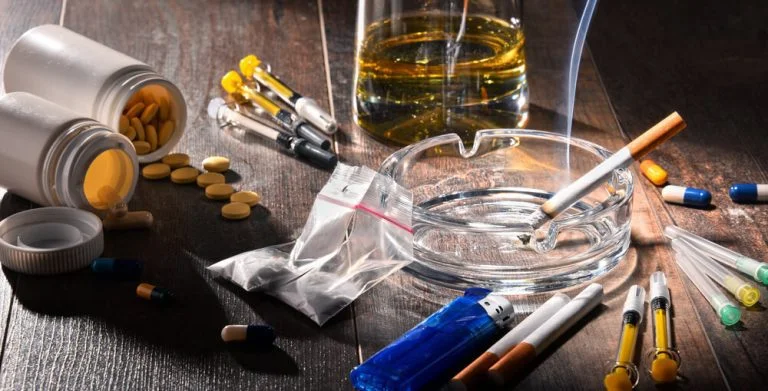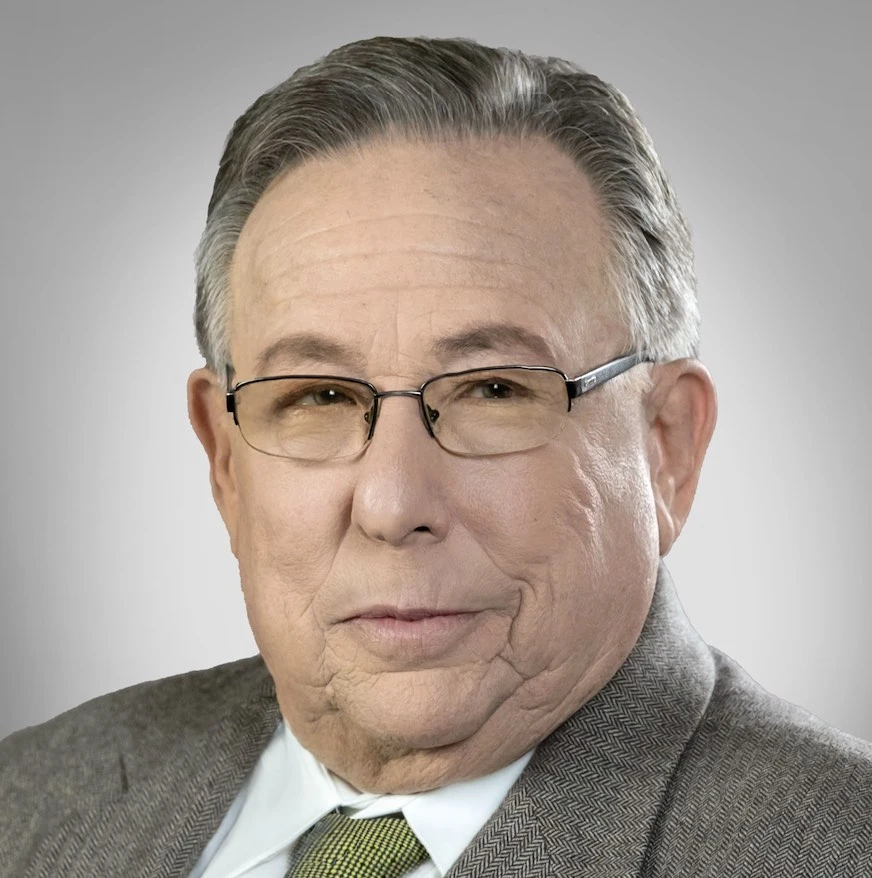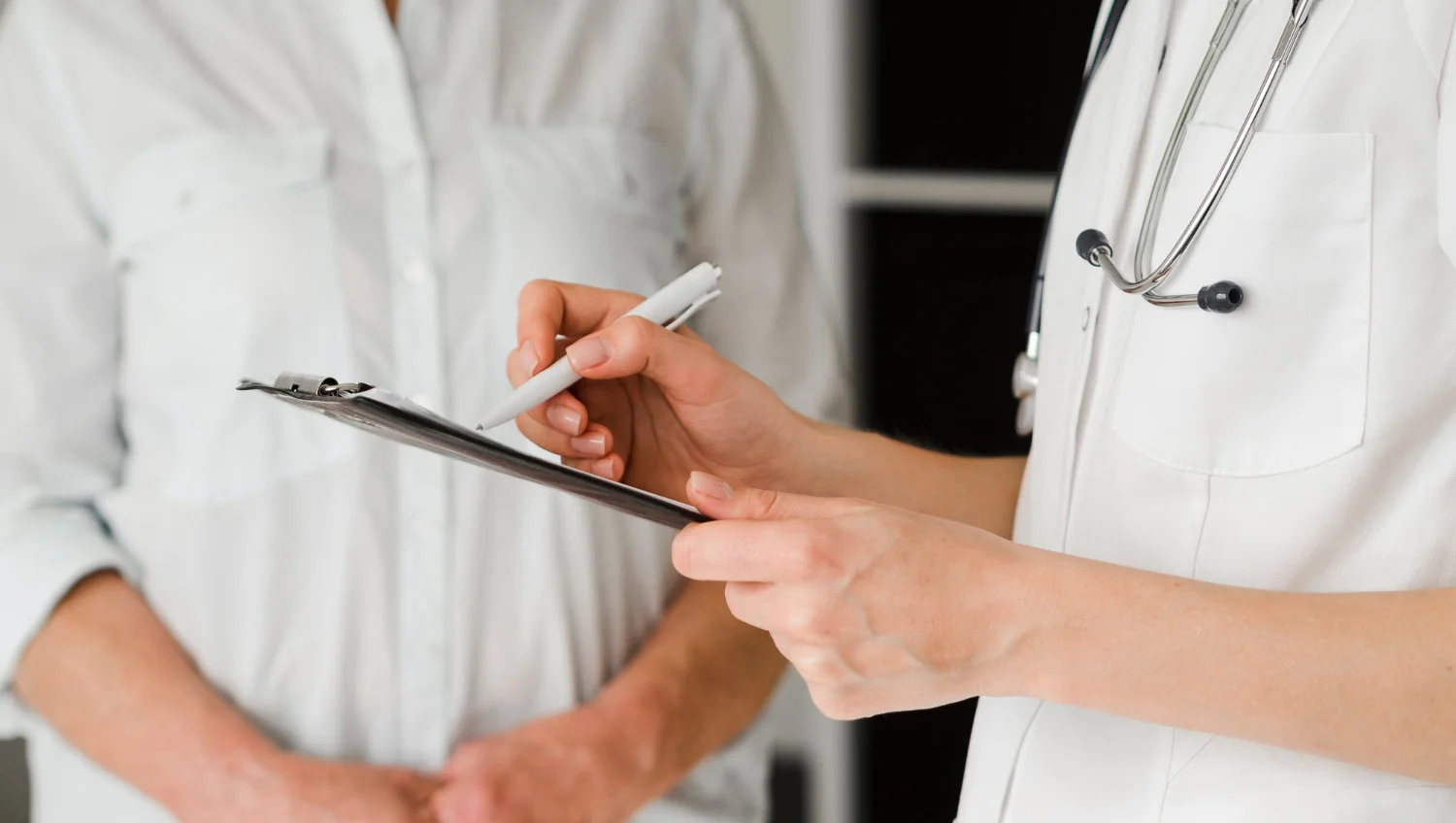The Ultimate Guide to Recreational Drugs: Exploring Their Effects and Risks
Short-term recreational drug use can give you the “high” that you need. You might take one to temporarily feel stimulated, induce relaxation, have fun at a party, or even relieve pain. Unfortunately, if you ever use the wrong recreational drugs, you can get addicted.

Read on to learn about recreational drugs, including the types, effects, risks, and treatment programs that you can turn to for help.
Introduction to Recreational Drugs
Any drug taken for enjoyment instead of medical purposes can be classified as a recreational drug. It’s usually taken to make life more pleasurable, but it can lead you to a difficult-to-end spiral of addiction.
Definition of Recreational Drugs
You might be surprised to find out that some of the most common examples of recreational drugs are caffeine, nicotine, and alcohol. These substances are widely available and easy to acquire.
They’re not particularly used to treat a disease or disorder. For example, you usually take alcohol when partying or drink caffeine for a gym session.
Recreational drugs are used for pleasure, while medicinal drugs are used to diagnose, treat, cure, or prevent disease.
Medicinal drugs can be bought over the counter or by doctor’s prescription. Examples include cough medicine, paracetamol, antihistamines, and many more targeted to alleviate or remove a disease.
Legal and Illegal Recreational Drugs
Legal drugs intended for recreational use come with restrictions on purchase, consumption, and even age limits. This is particularly evident in the sales of alcohol and tobacco. Some medicines can also be used recreationally, such as opioids and benzodiazepines—but they need to be taken with a doctor’s prescription.
On the other hand, illegal recreational drugs aren’t available through any legitimate channel since possession, sale, and distribution of such drugs are criminally punishable. Examples of this include crack, heroin, ecstasy, and methamphetamine.
These substances are tagged as illegal for solid reasons:
-
Potential for addiction and severe health risks
-
Perceived danger to social order
-
Environmental damage
-
Physical and psychological harm to other people
The legality of a drug varies depending on the country, state, region, and county. Some might be legal at the state level but illegal federally. Cannabis, for example, is becoming increasingly legalized in various regions. Some drugs also have legal medical applications but illegal recreational use (e.g., opioids).
Types of Recreational Drugs
While many drugs can be taken for pleasure, there are four major types of recreational drugs that you might encounter.
Stimulants
Stimulants speed up your central nervous system, making you feel awake, mood-boosted, and energetic. They can increase the levels of certain brain chemicals, like dopamine and norepinephrine, which regulate your feelings of pleasure, motivation, and focus.
Legal examples include:
-
Prescription drugs like amphetamine and modafinil
-
OTC products like caffeine (coffee, tea, and soda) and nicotine (tobacco, vape juice, etc.)
Illegal stimulants include addictive substances like cocaine and methamphetamine. Party drugs that can also qualify as hallucinogens, like ecstasy (MDMA), are also illegal.
Depressants
Opposite to stimulants, depressants can slow down your central nervous system. They’re intended to make you less aroused. You can experience mild relaxation, drowsiness, and even unconsciousness.
The most common depressants include:
-
Prescription medications like benzodiazepines
-
OTC products like alcohol
-
Gamma hydroxybutyrate (GHB), an illegal drug
-
Herbal plants like kava
Hallucinogens
Popularly known as “psychedelic drugs,” hallucinogens can alter the way your senses work, including your smell, sight, taste, touch, and hearing. With high enough doses, you can truly hallucinate—see or hear non-existent or distorted things.
Common hallucinogens include:
-
Magic mushrooms, formally known as psilocybin
-
LSD (lysergic acid diethylamide)
-
Ecstasy (MDMA)
-
THC (tetrahydrocannabinol), found in cannabis
Opioids
Opioids are known for their pain-relieving effects, which is why many kinds of them are sold legally as prescription medicines. They interact with your body’s opioid receptors, helping block pain signals. Doctors usually administer them for cases of severe pain, including surgery recovery, cancer-associated pain, chronic headaches, and more.
Opioids include:
-
Analgesic and anesthetic synthetic substances like fentanyl
-
Prescription drugs like morphine, codeine, and oxycodone
-
Illegal substances like heroin
Effects and Risks of Recreational Drug Use
All drugs can have potential side effects. In worse cases, abuse of recreational drugs can cause addiction and physical dependence.
Physical Effects
Continued, uncontrolled use of recreational drugs can put you at risk for liver damage. Alcohol, cocaine, and opioids are commonly known causes of liver injury.
Neuropathy, or painful nerve damage, can also happen. For example, alcohol abuse can lead to alcoholic neuropathy, which can give you pain and burning in the feet and legs.
Recreational drugs—stimulants in particular—can also cause cardiac arrhythmia or irregular heart rate. Such drugs can make you excited, highly alert, and euphoric. Together, they can make your blood pressure rise, which puts you at risk of stroke.
Mental and Emotional Effects
Recreational drugs can be addictive, whether it’s due to your intake habits or the nature of the drug itself. For example, heroin is highly addictive by itself—your body and mind will continuously long for it. Admittedly, it’s challenging to get out of drug addiction without professional intervention.
If you’re afflicted with mental health issues, recreational drug use can aggravate your symptoms and lead to depression and schizophrenia. Using alcohol as a way to escape your problems temporarily is an example of this.
When you attempt to withdraw from drug use, you may also experience anxiety. In worse scenarios, it might even lead to substance-induced anxiety disorder—increased withdrawal-related anxiety that leads to functional impairment.
Social and Legal Consequences
Recreational drug use, addiction, withdrawal symptoms, and other related topics can strain your relationships—family, friends, and community. Some drugs can change the way you think, make you hypersensitive, and make you hallucinate. You might do some things that people around you might not take lightly.
Addiction to drugs can also be a financial burden over time. Aside from affecting your spending habits, drugs can also lead to job performance issues. If you ever get caught possessing illegal drugs, the legal handling fees are another expense you need to bear.
Note that most recreational drugs are illegal. DUI, criminal activity, and distribution can land you severe repercussions.
Treatment Options for Recreational Drug Addiction
Drug addiction is a real problem that you or the people you love might struggle to overcome. When you feel that things are becoming uncontrollable, seek professional help. Fortunately, many avenues are open for your path to recovery.
Rehabilitation Programs
Many local clinics, hospitals, and behavioral counselors offer inpatient and outpatient rehab programs. Individuals getting inpatient care stay inside hospitals and treatment centers where they receive thorough tests, therapies, and appropriate medical care. The best benefits of inpatient rehab programs include
-
Having your necessities taken care of
-
Solid distance from things that can trigger your addictive ways
-
Receiving intensive support, medically and emotionally, from the staff and other inpatient individuals
On the other hand, people suffering from drug addiction can also opt for outpatient rehab. They get everything required to make them sober, but with better flexibility in terms of staying at home, going to school, or working. Some programs schedule your sessions on evenings and weekends, allowing you to care for your personal matters while receiving the help you need.
Support Groups and Counseling
Participating in support groups, such as those for alcoholic addiction, is another crucial part of your recovery. These support groups are meetings where you get to know people in your community suffering from the same issues.
Admittedly, support groups might not be solely helpful in treating addiction. However, it complements other rehabilitation and treatment programs that you’ll be taking. Being in the right environment can promote faster recovery for you.
Medication-Assisted Treatment
According to the National Institute on Drug Abuse, medication is an effective first-line treatment for drug addiction, especially when coupled with counseling and therapy. There are specific medicines, such as methadone and buprenorphine, that can be used to treat addiction related to opioids like heroin.
Currently, no medication for treating addiction related to cannabis and other stimulants has been approved by the Food and Drug Administration.
Resources for Individuals Struggling with Recreational Drug Use
Helping yourself is an important part of recovering from abusive recreational drug use. Here are some resources you can turn to.
National Helplines and Hotlines
If you’re facing an emergency, you can call the following hotlines:
-
911 — For general help
-
988 — Suicide & Crisis Lifeline for individuals experiencing mental health crises
-
1-800-222-1222 — For poison-related emergencies
To find referrals to drug addiction treatment programs:
-
1-800-662-HELP (4357) — Substance Abuse and Mental Health Administration National Helpline
Conclusion
Recreational drugs like alcohol and caffeine can be used to make life feel a bit better. However, some substances can make it worse—especially those that are illegal. Criminal punishments aside, the most challenging result you can expect is drug addiction and dependence.
If you’re struggling to recover, Better Addiction Care can help connect you to local treatment centers that are most easily accessible to you. Here, you can find new ways to improve, address behavioral problems, and receive proper medical care.
Let’s help you live for the better. Call Better Addiction Care at (800) 429-7690 today.





